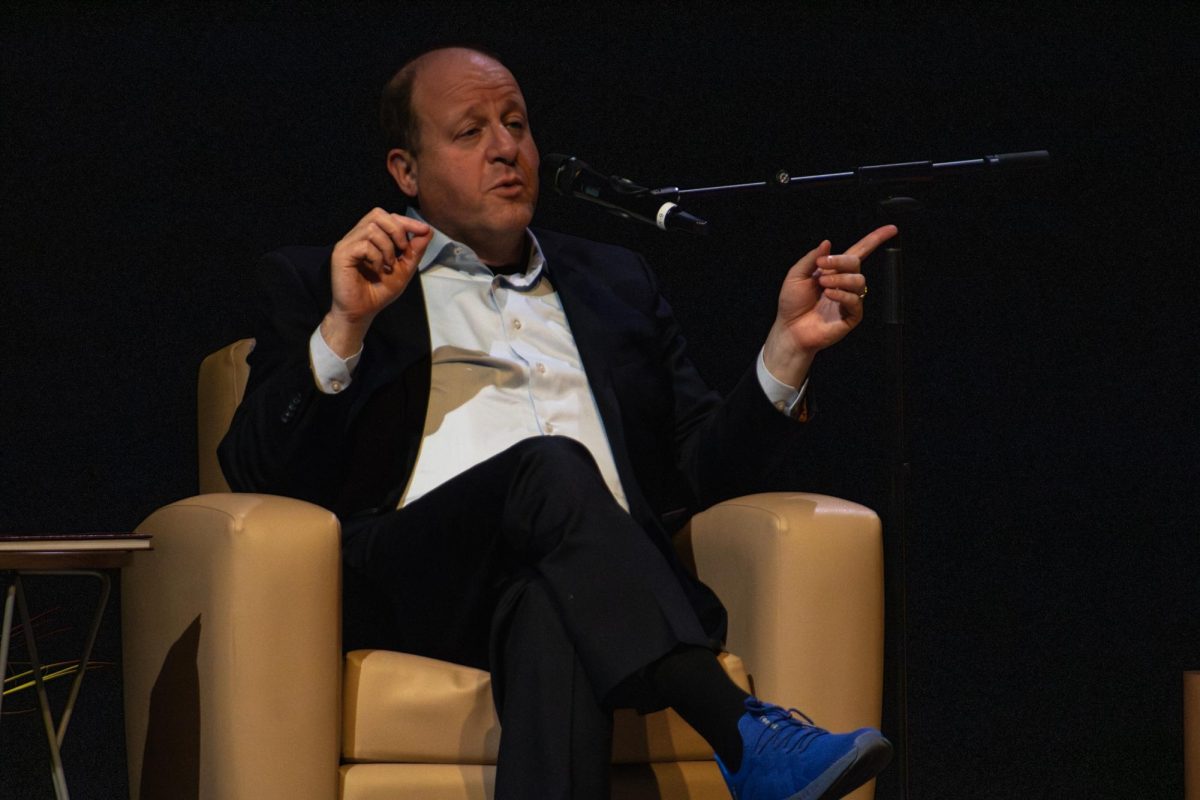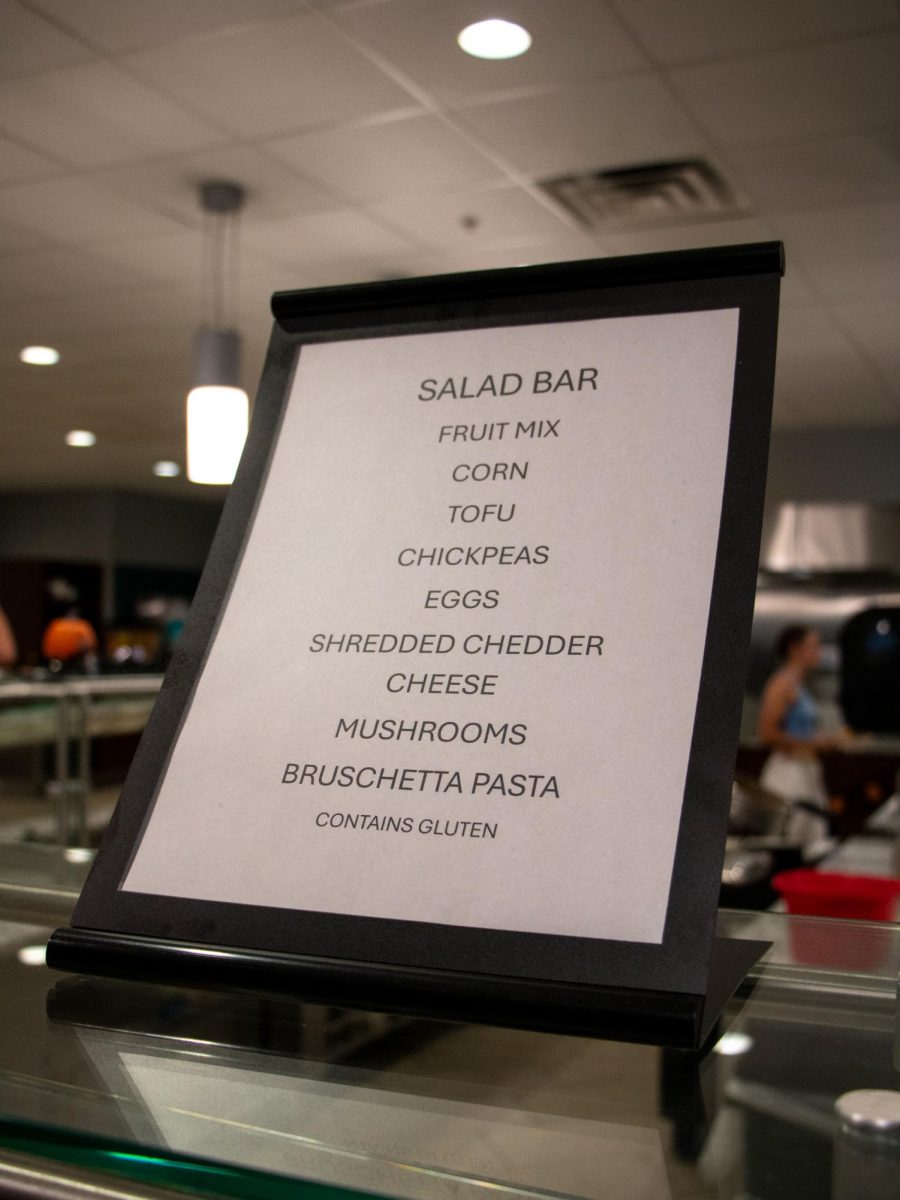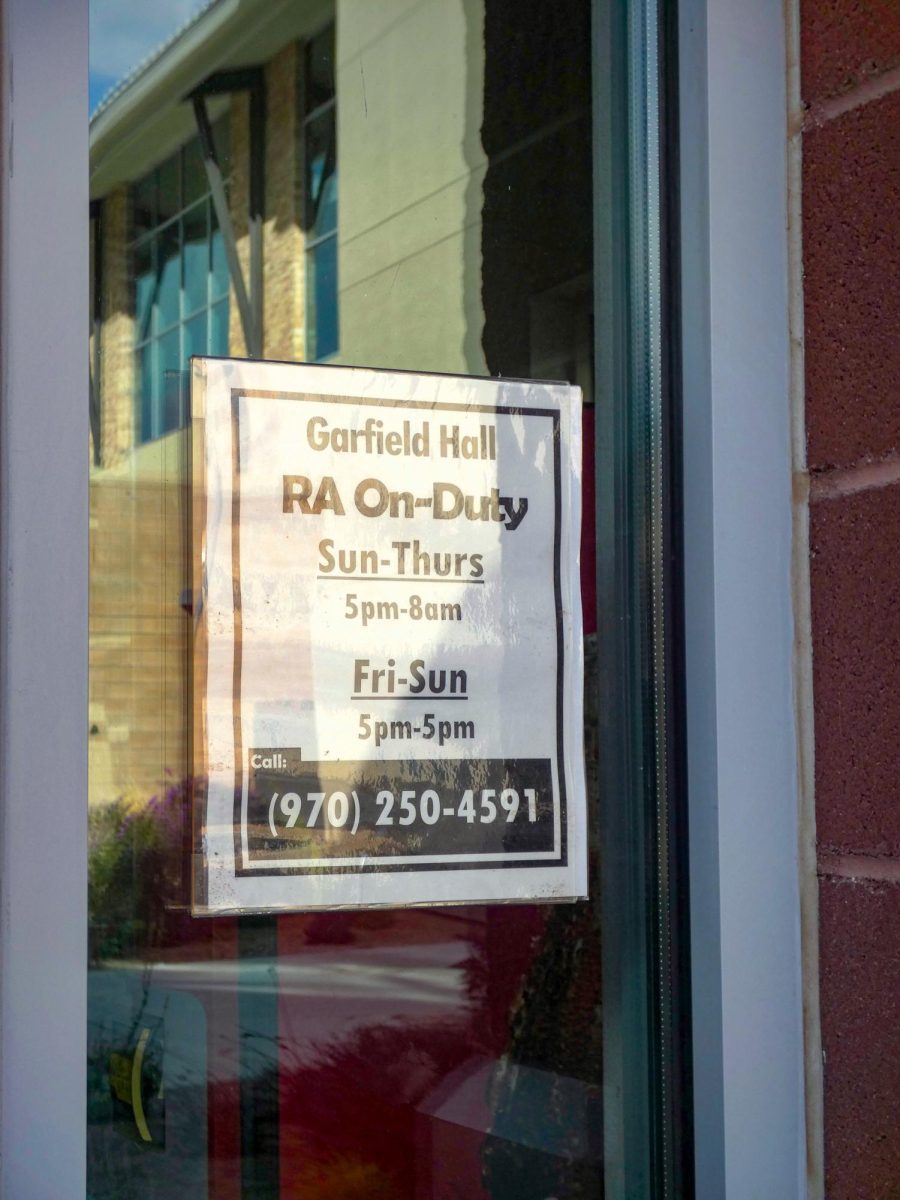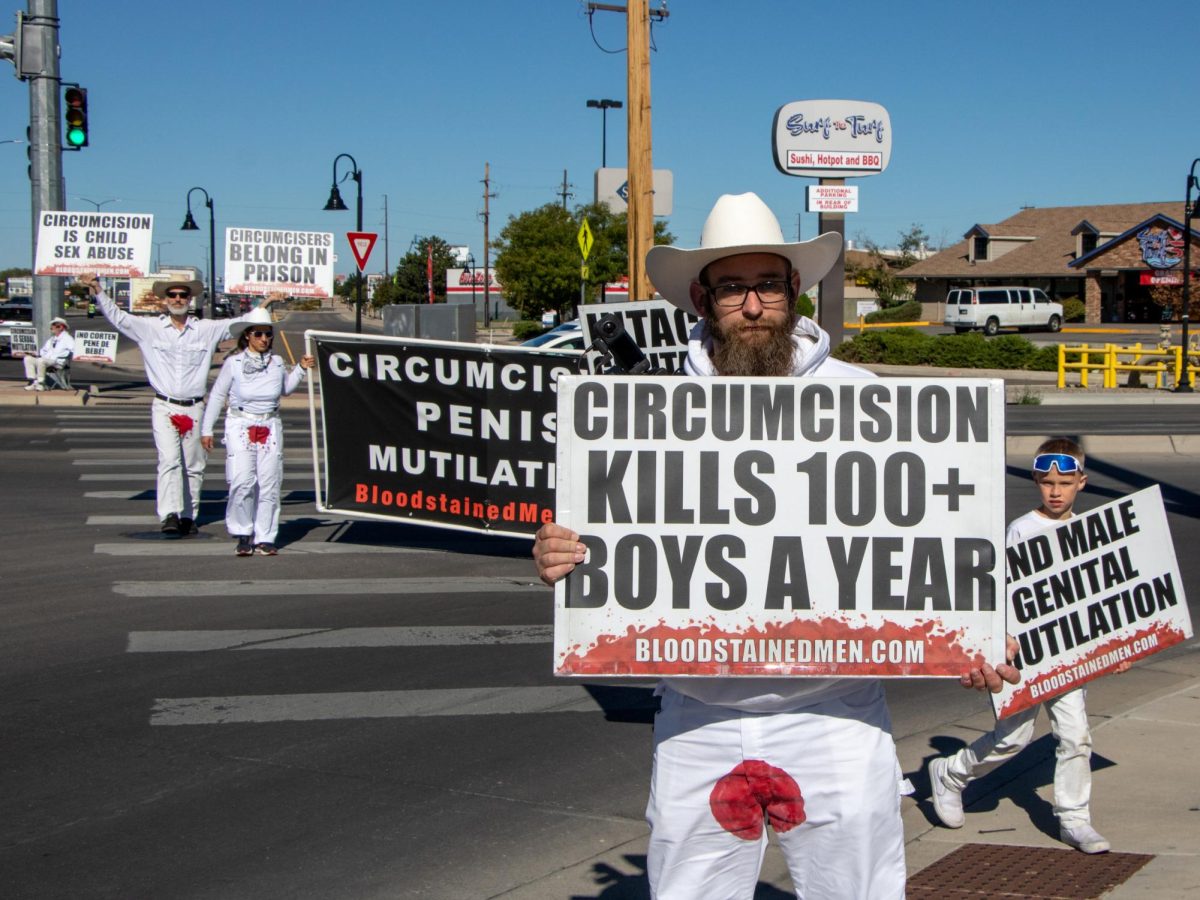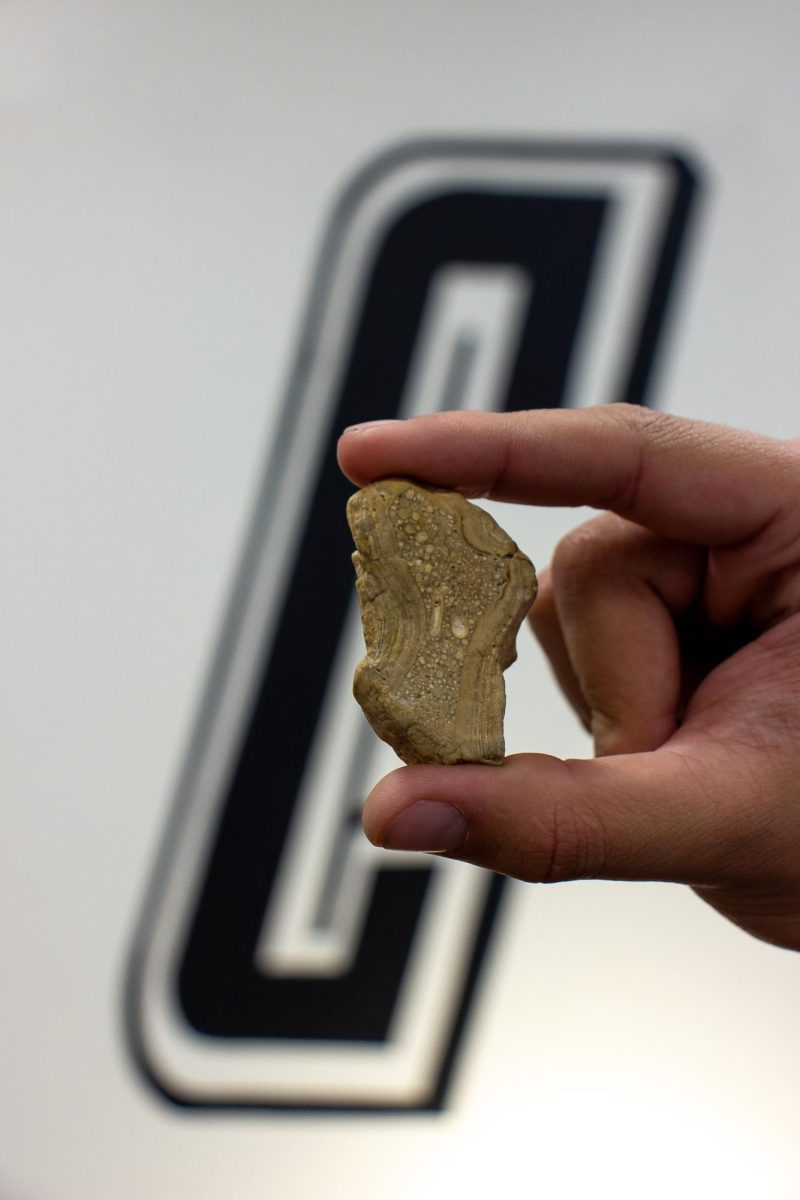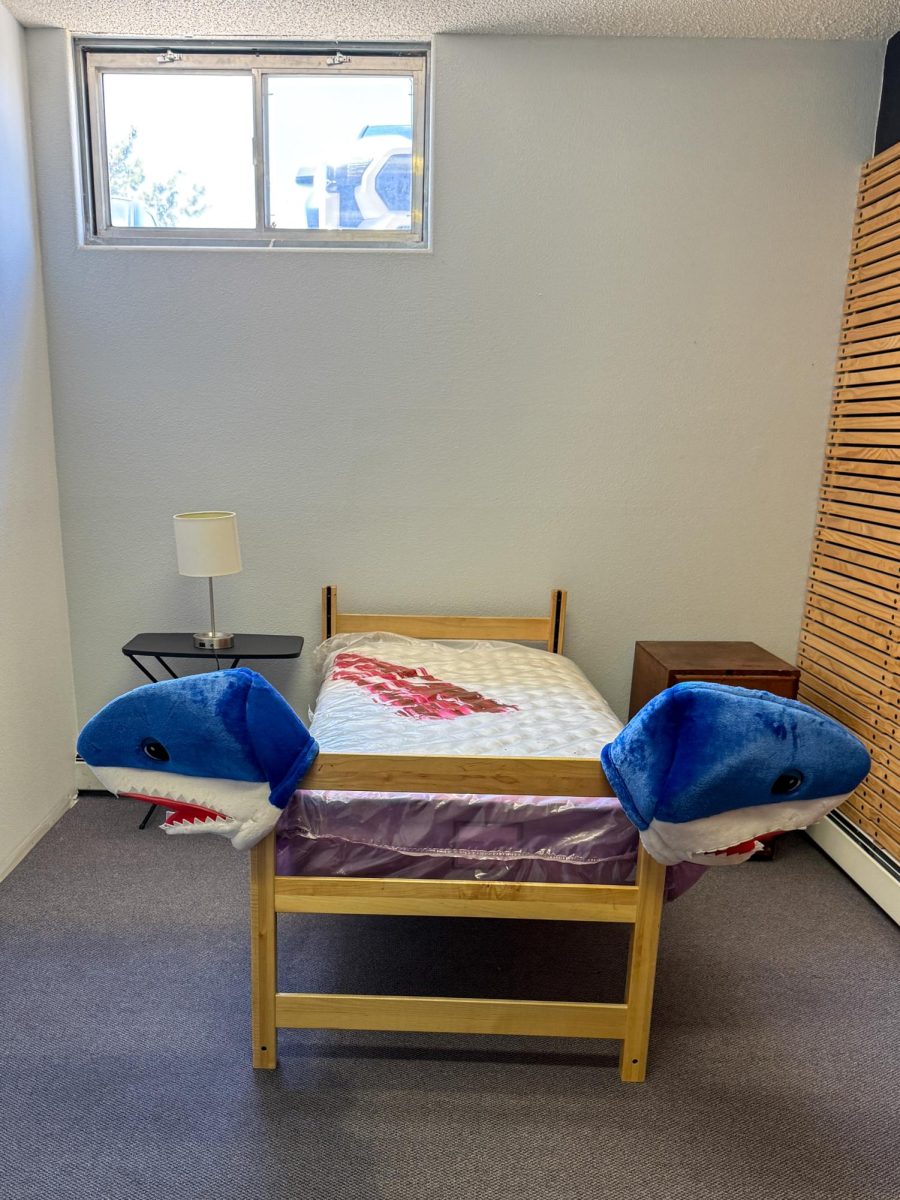From wildfires to transportation concerns, outgoing Colorado governor Jared Polis discussed his policies and initiatives with Colorado Public Radio’s (CPR) Ryan Warner on Sept 9. While local concerns were highlighted, national topics, like ongoing immigration issues, were sidelined.
Prior to his conversation with Polis, Warner hosted an interview clinic for CMU students interested in journalism. He described his approach to interviewing as a combination of the words “instant” and “intimacy.”
“This is not a term that I coined, but it’s one that I like: ‘instimacy.’ I think that’s what an interview is, because most of the people I interview, I either have never met, or I only see once every several months. And here I am with this stranger, asking them to pour their heart out,” said Warner.
This kind of relationship was evident throughout the conversation between Polis and Warner, aided by the decades-long tradition of the sitting governor making an appearance on “Colorado Matters.” The two exchanged humorous banter before engaging in more serious policy discussion.
Freshman radiological sciences major Brooke Walters expressed their dissatisfaction with Polis’ responses to Warner’s questions about Immigration and Customs enforcement (ICE).
“I feel like [Polis] dodged the question about whether or not ICE arrests and deportations are making Colorado safer. The host mentioned CPR’s reporting, which demonstrates that ICE is not only targeting criminals, but also law-abiding immigrants and citizens,” said Walters. “I think this is a dangerous issue and I would have loved it if he explained what specifically he is doing as governor to combat this overreach of the federal government.”
However, Walters thought that Polis did a “good job” at addressing local concerns.
One thing Western Slope citizens are most concerned about has been that wildfires tend to increase homeowners’ insurance costs. The summer of 2025 marked the worst wildfire season in Colorado since 2020, making this issue more prominent than ever before.
Polis explained his solution that citizens would be compensated by insurers for practicing fire prevention methods.
“If you take down brush around your home, if it’s made of flame retardant materials, if your HOA [Home Owner’s Association] does, if your town is taking down fuel that could otherwise spread a fire, we want to see credit for that in the insurance market,” said Polis.
Polis’ insurance credit was introduced to the House of Representatives in the form of a bill in May 2025. The bill was approved in July 2025 and is set to go into effect July 2026.
Western Slope citizens have also been impacted by congestion on Interstate 70 (I-70) in recent years. Many are concerned about traffic, particularly involving persistent construction and weather delays. One way Polis aims to reduce pressure on I-70 is by expanding passenger rails.
“It’s not just something we talk about, we’re going to deliver,” said Polis. “It’s a mountain rail solution that will take traffic off of the heavy traffic part of I-70, both in winter to get to the mountains, and in the fall for leaf viewing. That will be year-round by next winter.”
However, Polis argued that delivering on passenger rail is only possible if local partners are willing to collaborate, and voters are able to provide their support.
“In Mesa County, if the commissioners, the mayor, are able to come to the table with significant resources, we’d love to have that dWiscussion,” said Polis. “Passenger rail is never something that can be imposed by the state on people that don’t want it.”



